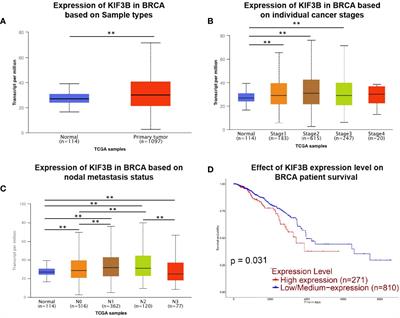CORRECTION
Published on 09 Jun 2022
Corrigendum: DDX19A Promotes Metastasis of Cervical Squamous Cell Carcinoma by Inducing NOX1-Mediated ROS Production
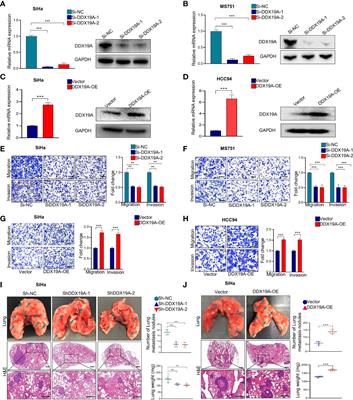
doi 10.3389/fonc.2022.914765
- 806 views
65k
Total downloads
235k
Total views and downloads
CORRECTION
Published on 09 Jun 2022

EDITORIAL
Published on 13 Aug 2021
ORIGINAL RESEARCH
Published on 27 May 2021
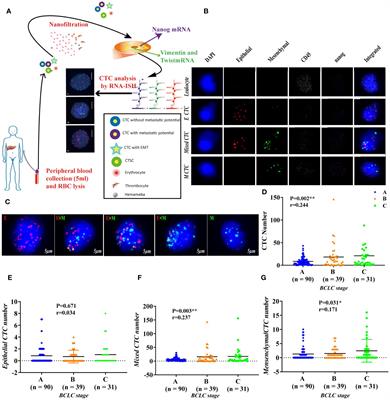
ORIGINAL RESEARCH
Published on 22 Apr 2021
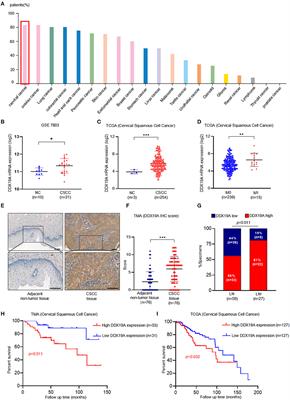
REVIEW
Published on 15 Apr 2021
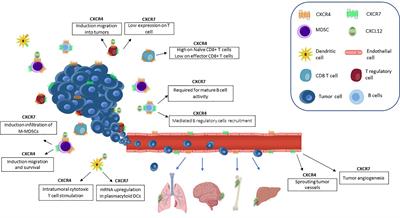
ORIGINAL RESEARCH
Published on 25 Mar 2021
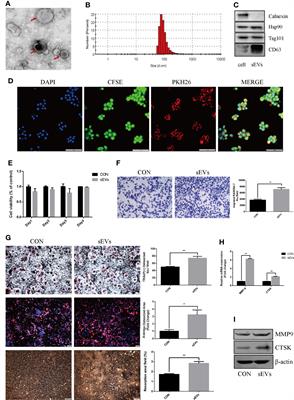
ORIGINAL RESEARCH
Published on 18 Mar 2021
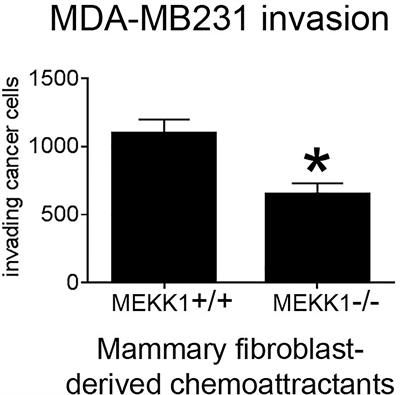
REVIEW
Published on 08 Mar 2021
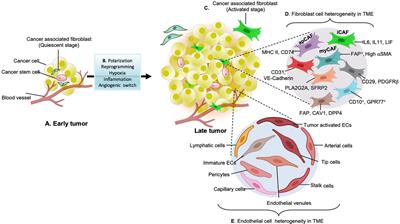
ORIGINAL RESEARCH
Published on 23 Feb 2021
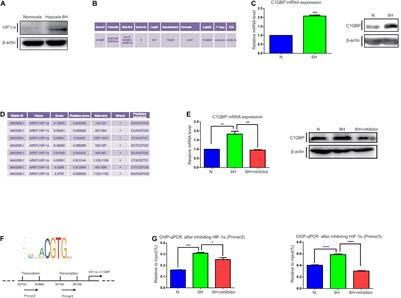
ORIGINAL RESEARCH
Published on 28 Jan 2021
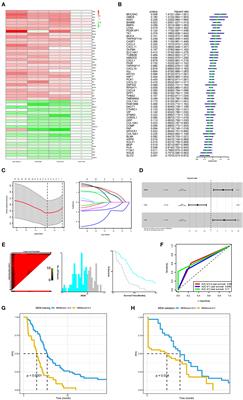
ORIGINAL RESEARCH
Published on 21 Jan 2021
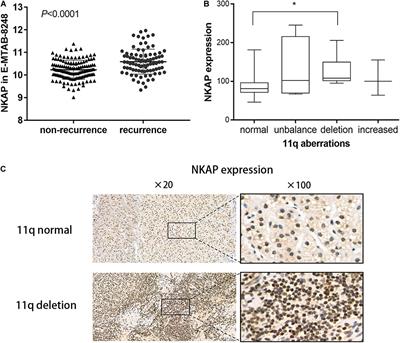
ORIGINAL RESEARCH
Published on 19 Jan 2021
